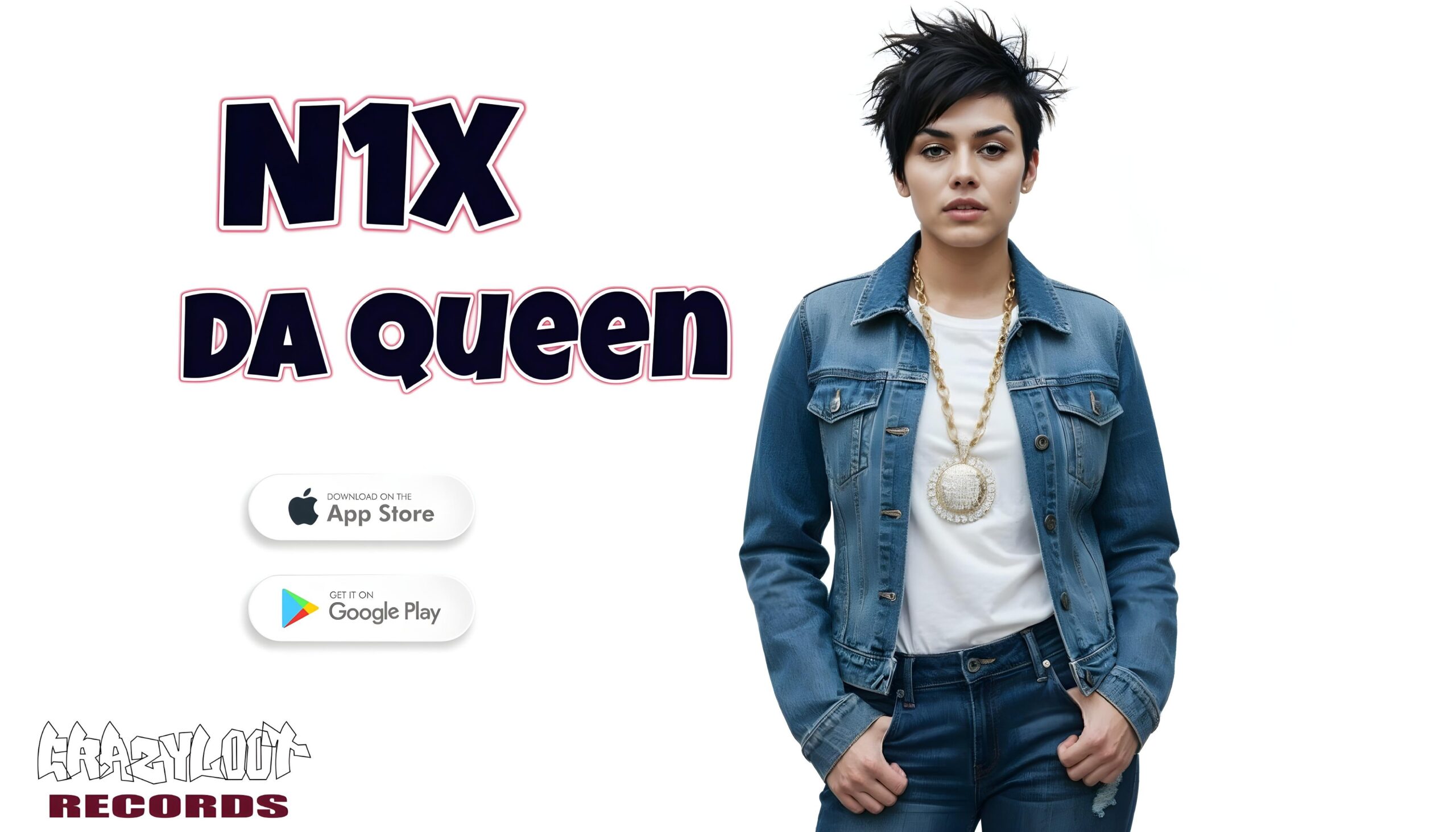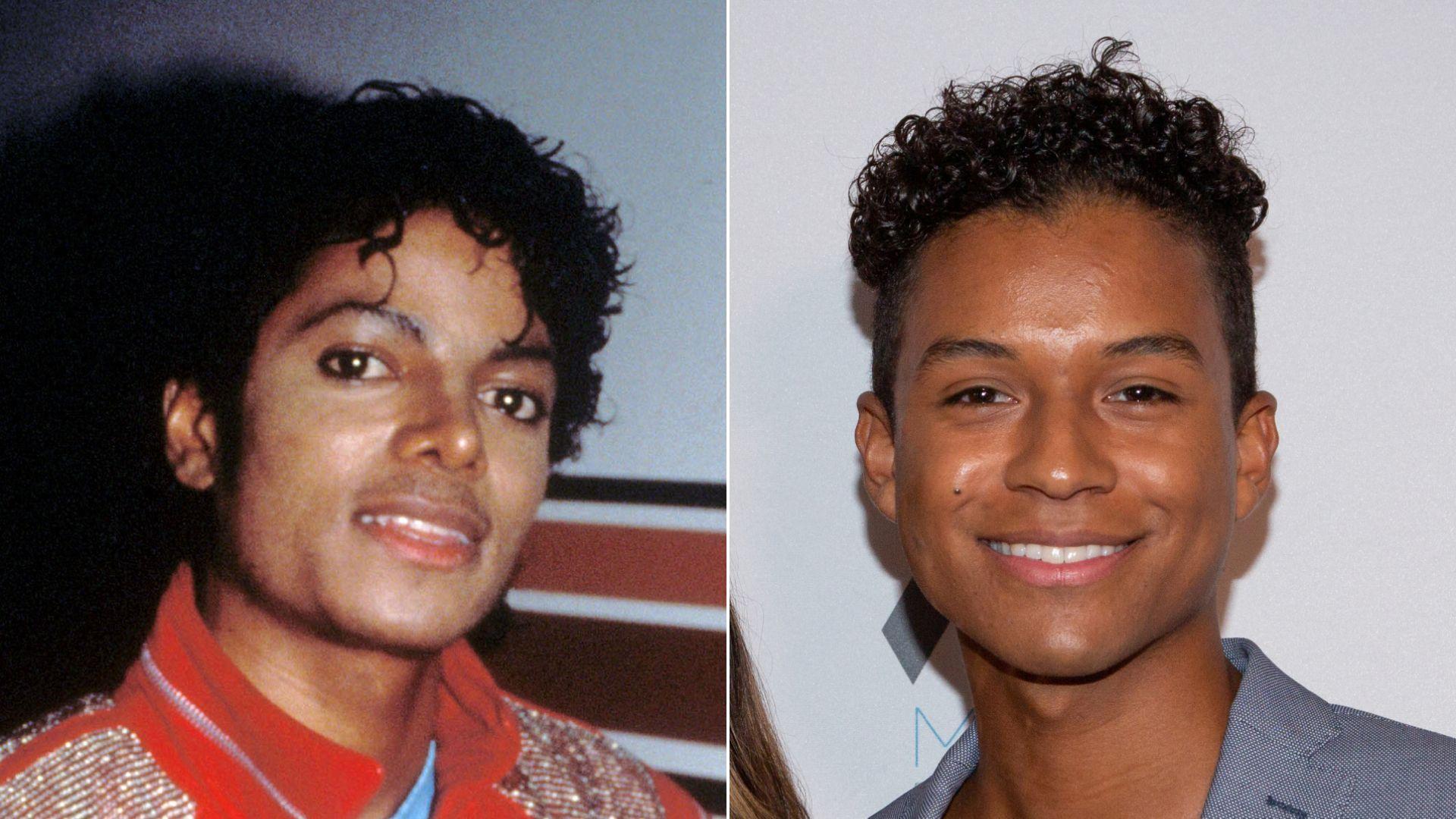
Who’s ghosting who in the music business
Who’s Ghosting Who in the Music Business?
In a realm where creativity intertwines with commerce, the phenomenon of “ghosting” has taken on a new dimension within the music industry. Beyond the familiar context of fleeting romantic interactions, ghosting here speaks to the often unspoken dynamics between artists, producers, and influencers, as well as the silent shifts in audience engagement. From unsigned talent left in the dark by industry giants to collaborators who disappear into the ether of social media, the patterns of ghosting are myriad and complex. As we delve into this intriguing landscape, we’ll explore the relationships and repercussions of ghosting in an industry that thrives on connection, storytelling, and the shared experience of music. Join us as we unravel the threads of this elusive phenomenon, revealing who is ghosting whom-and what it means in an ever-evolving musical tapestry.
Q&A
Q&A: Who’s Ghosting Who in the Music Business?
Q: What does “ghosting” mean in the context of the music industry?
A: In the music business, “ghosting” typically refers to disappearing from communication, collaboration, or creative projects without explanation. It can happen between artists, producers, labels, or even fans, leaving one party confused about the abrupt lack of response.
Q: Is ghosting a common practice in the music industry?
A: Unfortunately, yes. The fast-paced nature of the industry, combined with the high stakes of creative competition, can lead people to cut ties without warning. Artists may ghost collaborators if they feel their vision isn’t aligned or if they wish to pursue different paths.
Q: Can you give an example of ghosting in music?
A: Absolutely! A classic example is when a rising artist stops responding to a producer after initial positive meetings. The producer may feel blindsided, thinking they were on the verge of a fruitful collaboration, only to find their messages left unread.
Q: How does ghosting affect the mental health of those involved?
A: It can be quite damaging. For those left in the lurch, feelings of rejection, confusion, and self-doubt often surface. The ephemeral nature of relationships in the industry can exacerbate these feelings, leaving individuals questioning their worth and talent.
Q: Is there a difference between ghosting and simply taking a break?
A: Yes, there is a distinction. Taking a break usually involves clear communication about stepping back for personal reasons, whereas ghosting leaves the other party in the dark. A break might be necessary for mental well-being, but ghosting can sever connections and breed resentment.
Q: What are the repercussions of ghosting in the long run?
A: Ghosting can damage professional reputations and carve rifts in networks that are often pivotal in the music business. It might lead to lost opportunities not just with the ghosted party but also within their connections, as word travels fast in creative circles.
Q: How can artists navigate the challenges of potential ghosting?
A: Open communication is vital. Setting clear expectations and maintaining dialogue can help reduce misunderstandings. If an artist feels the need to step away, a simple message can go a long way in preserving relationships and reputation.
Q: What advice would you give to someone experiencing ghosting?
A: First, avoid taking it personally-often, ghosting says more about the other person’s issues than yours. Second, consider reaching out one final time for closure. If that doesn’t yield a response, focus on your own growth and seek out supportive relationships instead.
Meet N1X Da Queen Of A-Pop
N1X Da Queen Of A-Pop Sign up And Enter Her World Streaming Exclusive Music From N1X And Da Super Group Da Queens
Only On N1XMusic.com

Q: Are there any signs to look for that may indicate someone is about to ghost you?
A: Yes, signs may include delayed responses, vague answers, or a noticeable drop in enthusiasm during interactions. If you notice the other party seems less invested in the project or conversation, it may be time to address the situation directly.
Q: Can ghosting ever be a positive action?
A: In rare instances, it can serve as a form of self-preservation. If a partnership is toxic or counterproductive, stepping back without explanation might be the healthiest choice. However, transparent communication is generally a better approach.
Conclusion
Ghosting may be a common occurrence in the music industry, but understanding its implications can help navigate relationships, foster healthier collaborations, and ultimately lead to a more supportive creative environment.
The Way Forward
As we navigate the ethereal landscape of the music business, it becomes clear that ghosting-whether as a fleeting trend or a persistent behavior-finds its way into artist relationships, label dealings, and fan interactions alike. In a world where connectivity is paramount, the absence of communication can leave lingering questions and unfulfilled potential.
As we close this exploration of ghosting in the industry, it’s essential to remember that relationships-like music-thrill us with their crescendos and quiet pauses. Navigating this intricate web requires awareness and understanding, providing opportunities for growth, healing, and collaboration. Ultimately, it’s about keeping the lines open, allowing melodies to flow rather than fade into silence.
So, the next time you feel the chill of being ghosted, reflect on the music that brought you together in the first place. Maybe it’s time to reach out, start a new track, or simply tune into the rhythm of the moment. After all, the melody continues, inviting us all to dance along.
Are you a content creator or someone with a big social media following?
Want to earn real cash promoting The Queen of A-POP?
Join the N1X Music Promoter Program — it’s as easy as:
1️⃣ Sign Up
2️⃣ Promote
3️⃣ Get Paid






No Comments